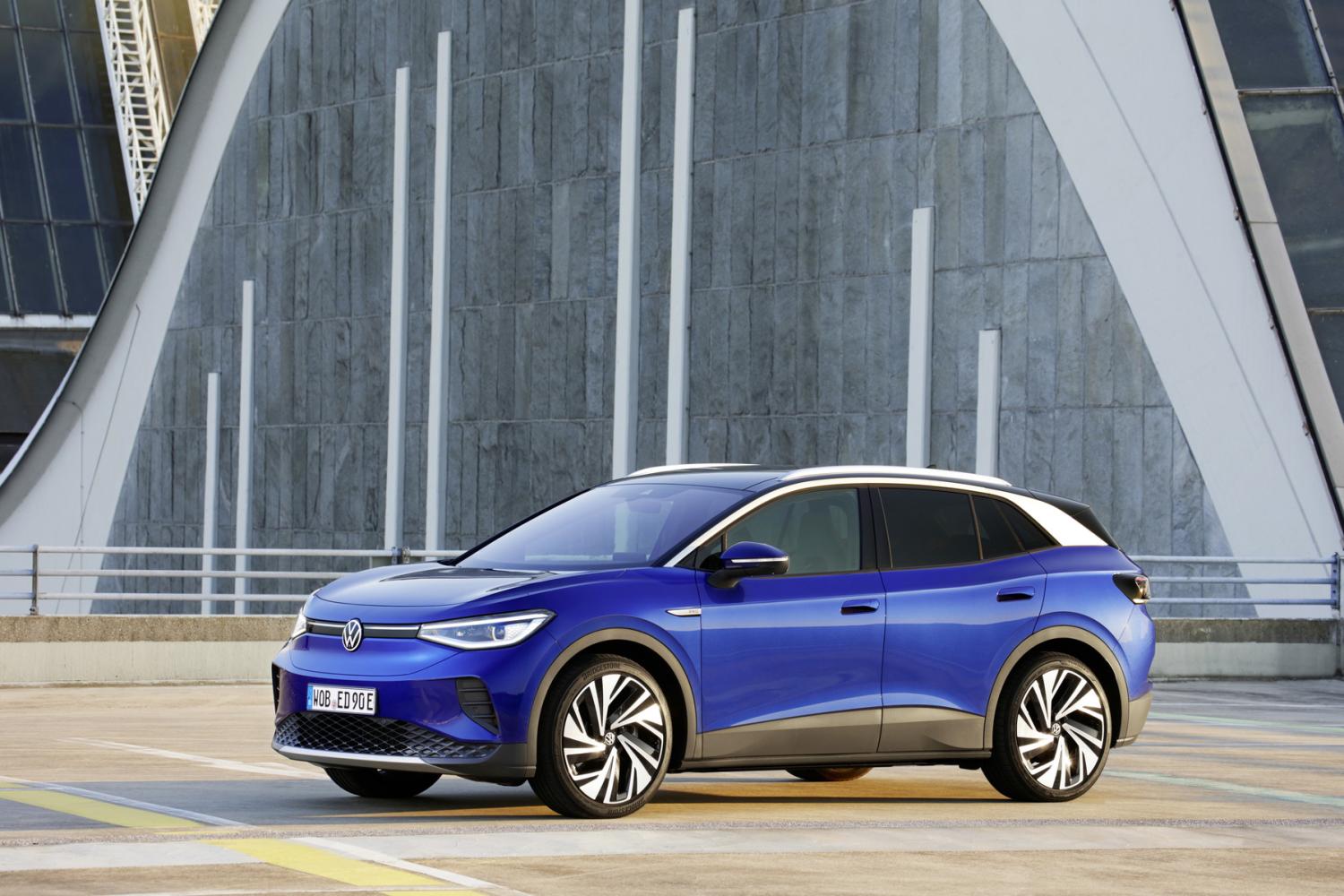
While most of the world’s automakers have been bullish about their long-term plans for electric vehicles (EVs), many hurdles still remain as many drivers still gravitate to cars with the internal combustion engine. Among the challenges is the current global shortage of semiconductors. That is a problem largely out of the auto industry’s control but doesn’t help matters when it comes time to persuade consumers to move on from gasoline- or diesel-powered cars.
Nevertheless, the numbers that Germany’s Volkswagen just publicly released demonstrate that the industry’s path toward electrification is one that still shows promise.
The negative side (depending on one’s point of view) for Volkswagen is that while the company delivered almost 4.9 million vehicles worldwide last year, that number represents an 8 percent decrease from 2020. Overall, demand for the brand’s cars is high: the automaker says there’s a backlog of more than 540,000 vehicles in Europe alone – and about 17 percent of those cars on order are for electric vehicles.
While we’re on the subject of electric vehicles, Volkswagen announced that it delivered almost 370,000 all-electric cars worldwide. That’s more than a 40 percent increase in orders for electric vehicles for the company, compared to the approximate 212,000 all-electric cars that it delivered during 2020. The most popular EV? The automaker’s ID.4 crossover (shown above) by far, with the ID.3, which was first released in 2019, coming second.
According to TriplePundit’s Tina Casey, Volkswagen’s focus on producing these cars so that they are more affordable could continue to provide the automaker a boost in the worldwide EV race.
“The prospect of lower fuel and maintenance costs compared to diesel- and gas-powered vehicles can also help take the sting out of the sticker price, regardless of whether or not tax incentives are available,” Casey wrote in September 2019.
While the raw numbers may not impress those who believe the global transition toward electrification needs to happen much sooner rather than later, another one of Volkswagen’s statistics is also worth highlighting. Of the total number of vehicles that the automaker delivered last year, 7.5 percent of them were hybrid or all-electric. That’s almost double the 4 percent of the company’s total deliveries during 2020.
Advocates of electric and energy-efficient vehicles will find mixed results in Volkswagen’s numbers. While the Golf is the brand’s top-selling car in Germany, across the board SUVs made the bulk of Volkswagen’s deliveries in 2021: 40 percent, compared to almost 35 percent the previous year.
With a reported range of 260 miles on a full charge and a battery platform that supports several classes of vehicles, Volkswagen’s all-electric outlook looks promising.
“Intentionally or not, Volkswagen's ID Buzz concept might be the most successful aspect of the company's post-Dieselgate charm offensive,” Jonathan Gitlin of Ars Technica recently wrote. “VW has had to pivot hard into electrification, applying its proven strategy of building many different styles of vehicles from the same family of parts and designs.”
Image credit via Volkswagen newsroom

Leon Kaye has written for 3p since 2010 and become executive editor in 2018. His previous work includes writing for the Guardian as well as other online and print publications. In addition, he's worked in sales executive roles within technology and financial research companies, as well as for a public relations firm, for which he consulted with one of the globe’s leading sustainability initiatives. Currently living in Central California, he’s traveled to 70-plus countries and has lived and worked in South Korea, the United Arab Emirates and Uruguay.
Leon’s an alum of Fresno State, the University of Maryland, Baltimore County and the University of Southern California's Marshall Business School. He enjoys traveling abroad as well as exploring California’s Central Coast and the Sierra Nevadas.














